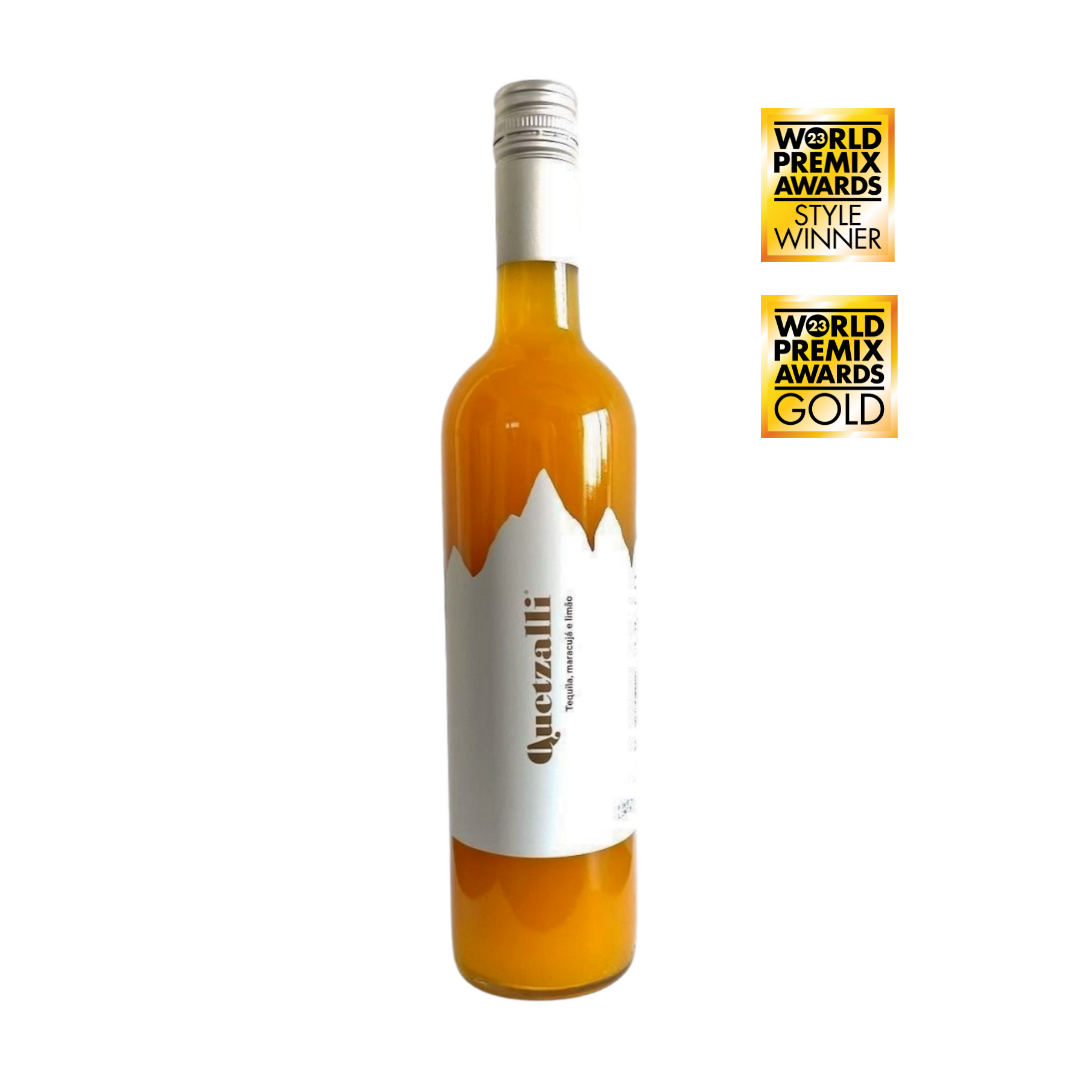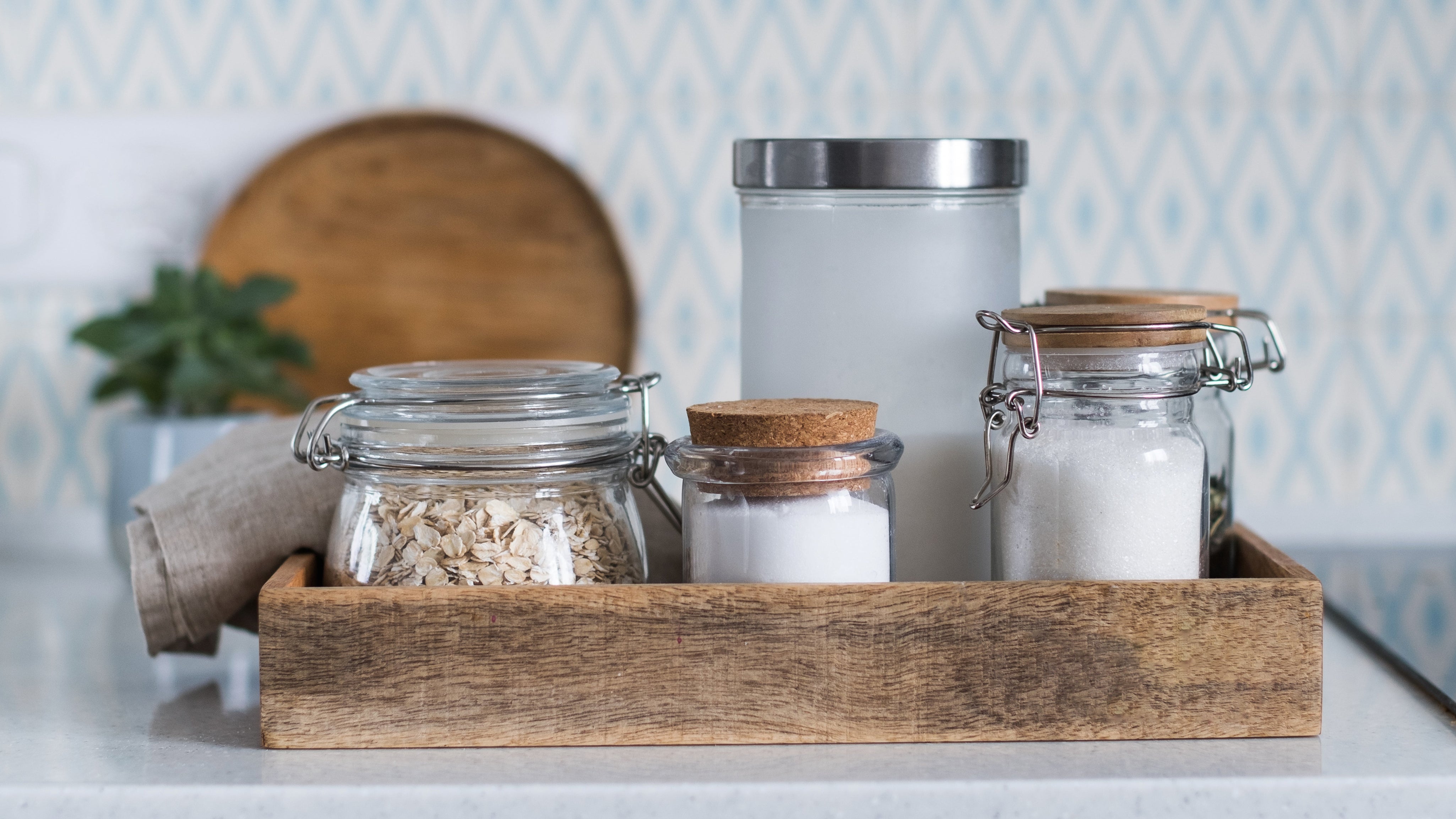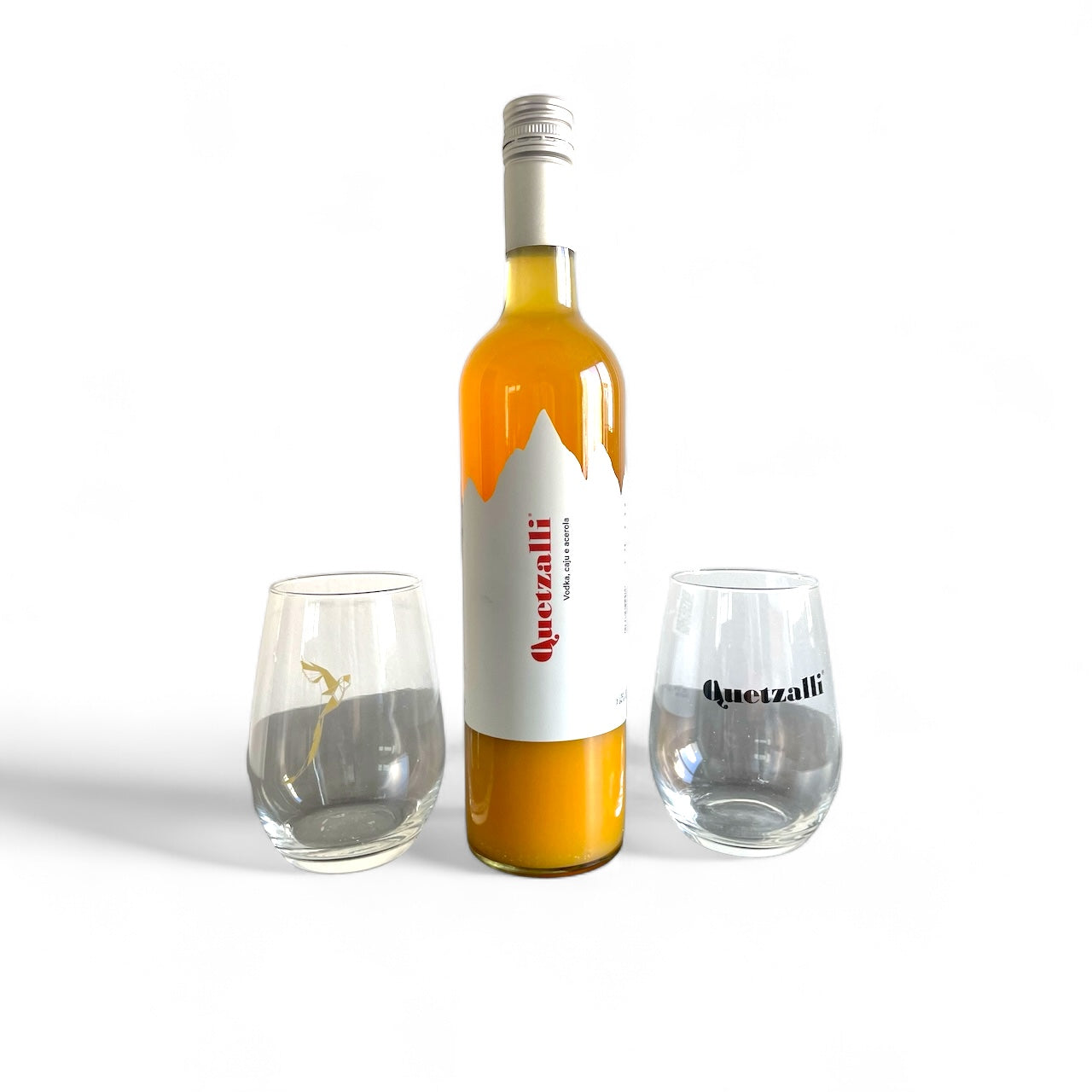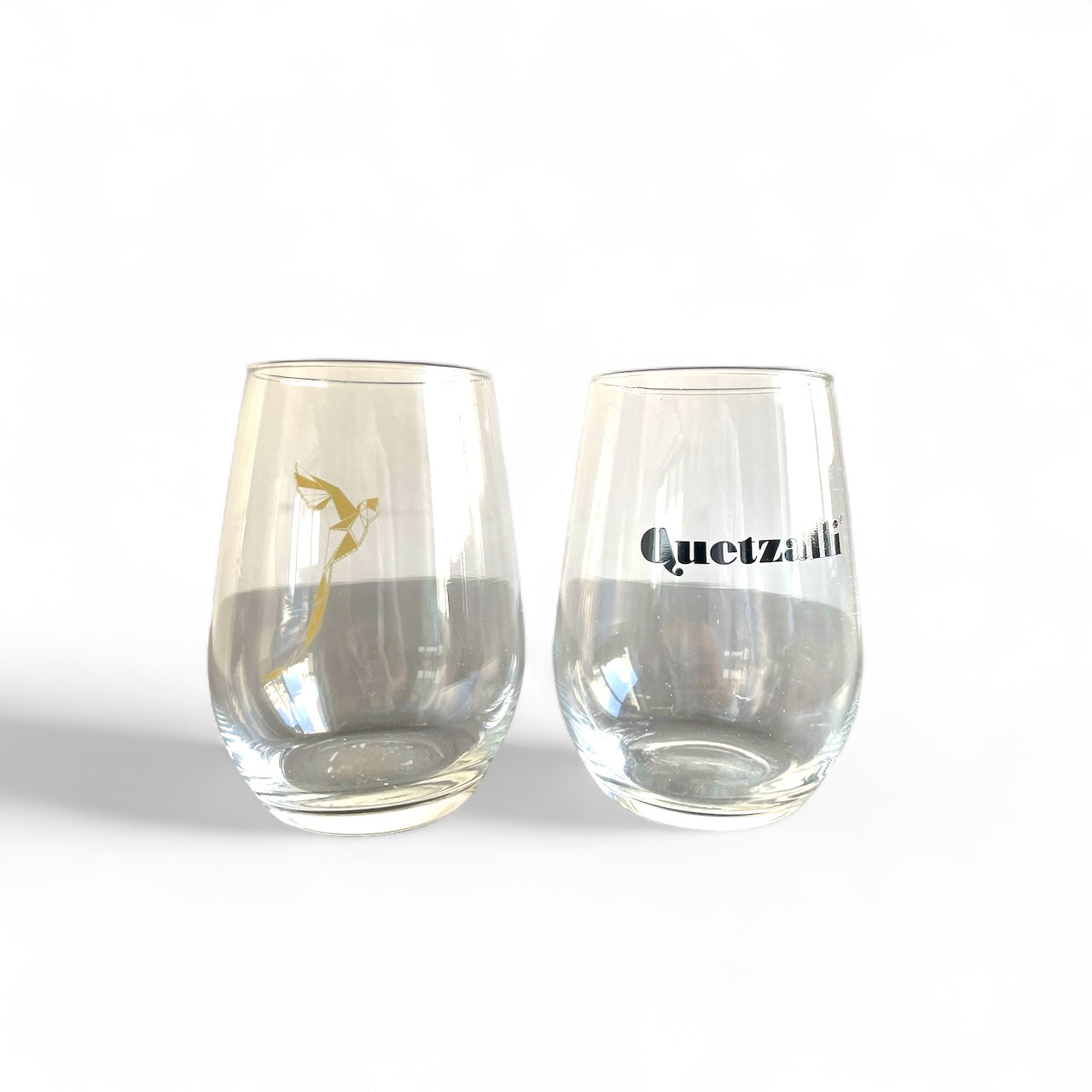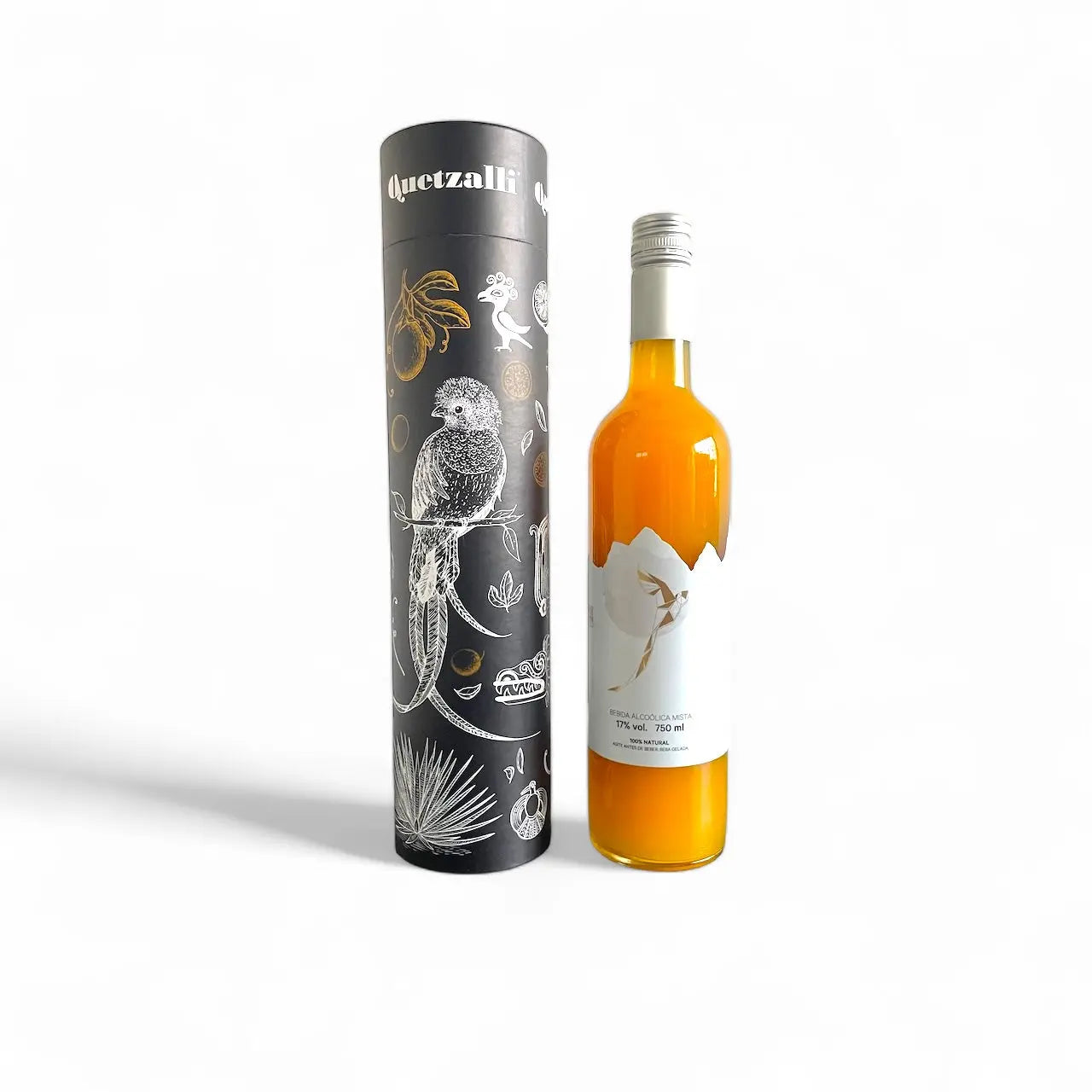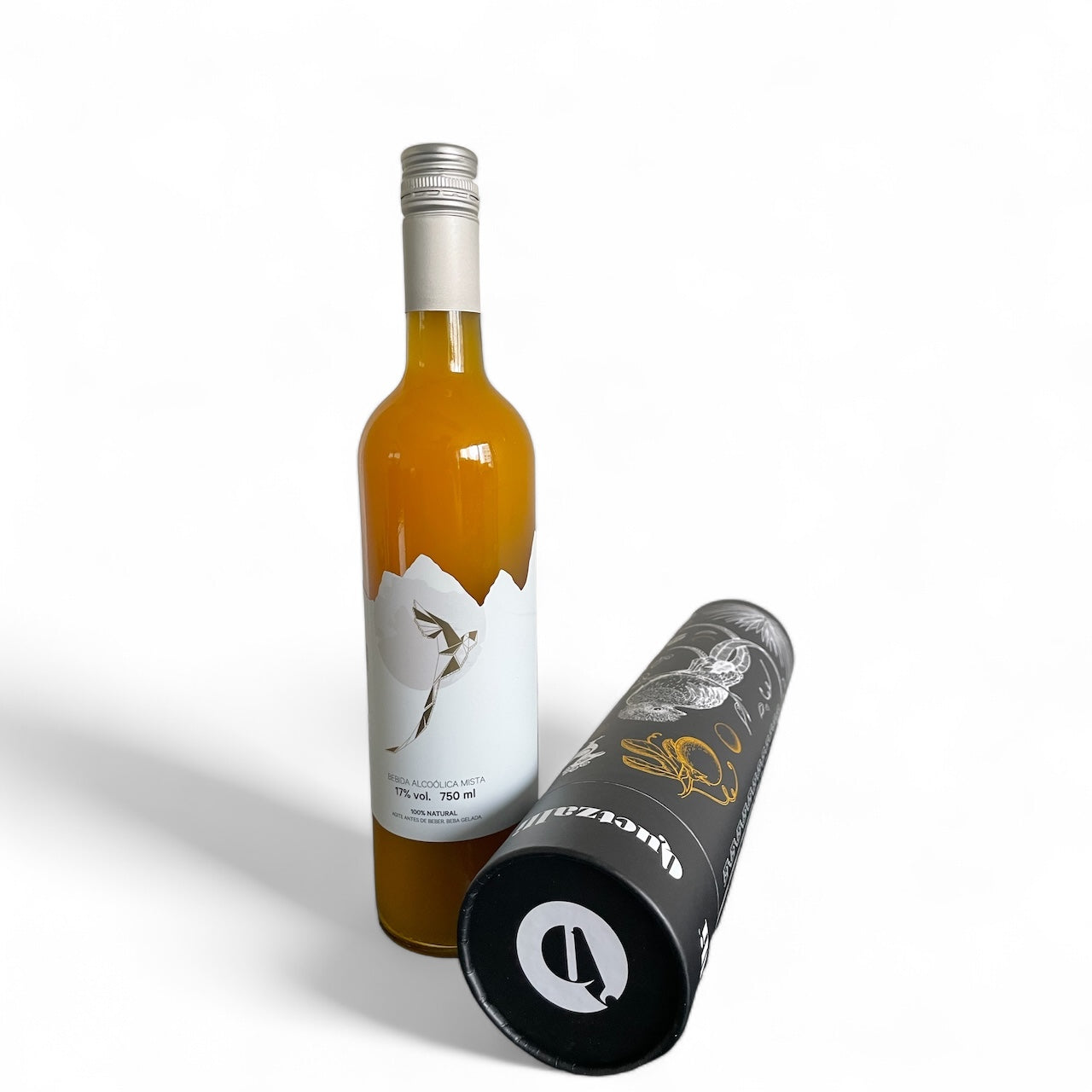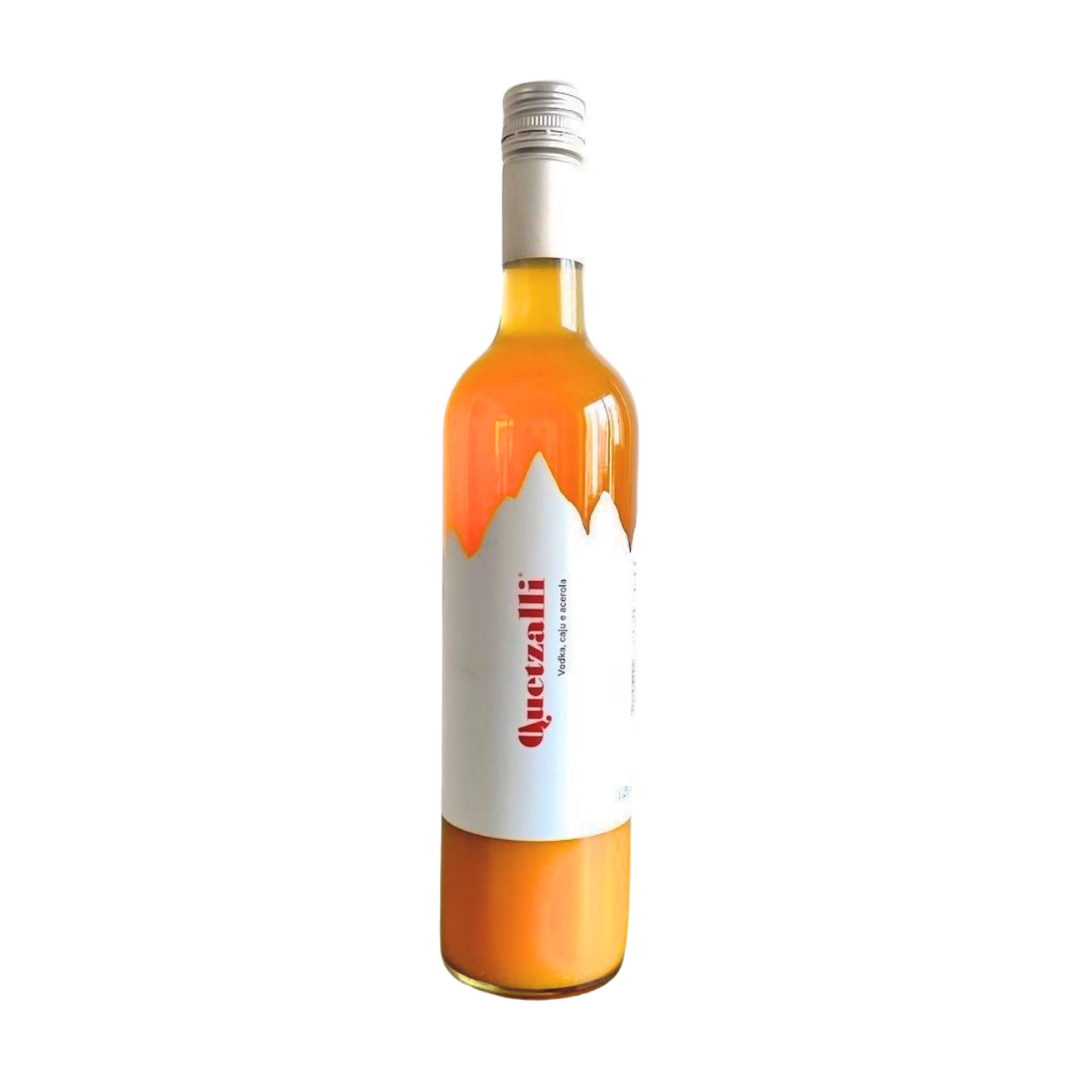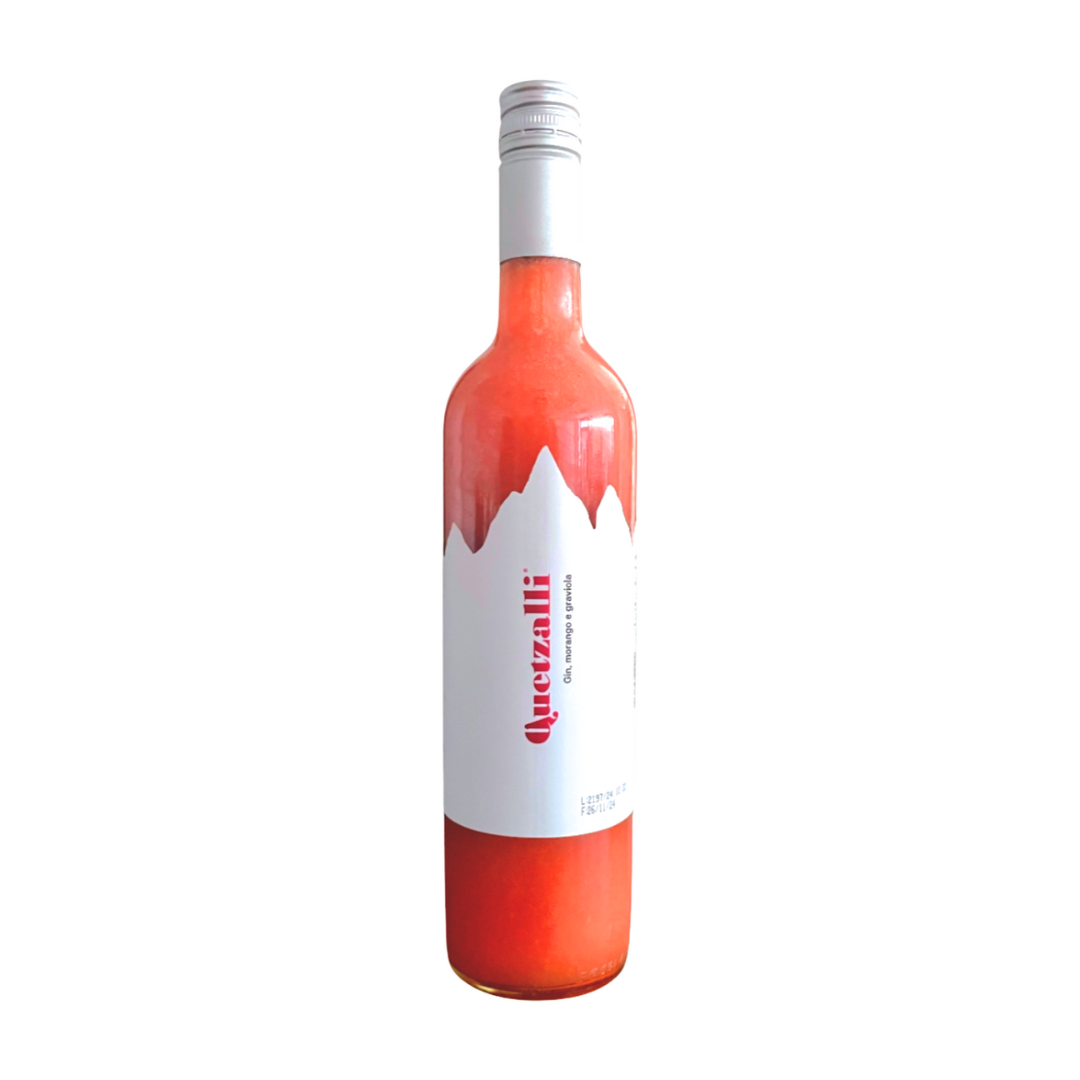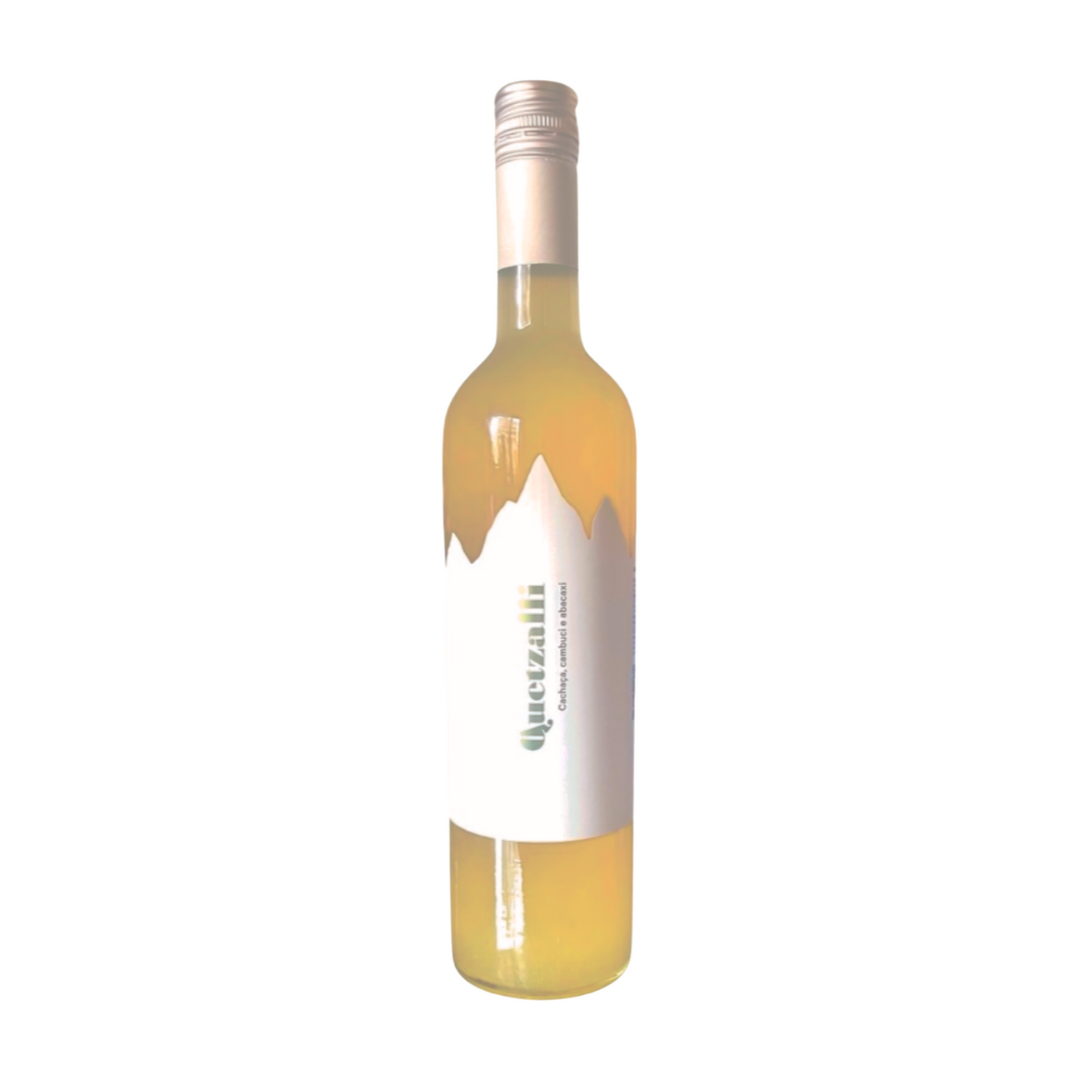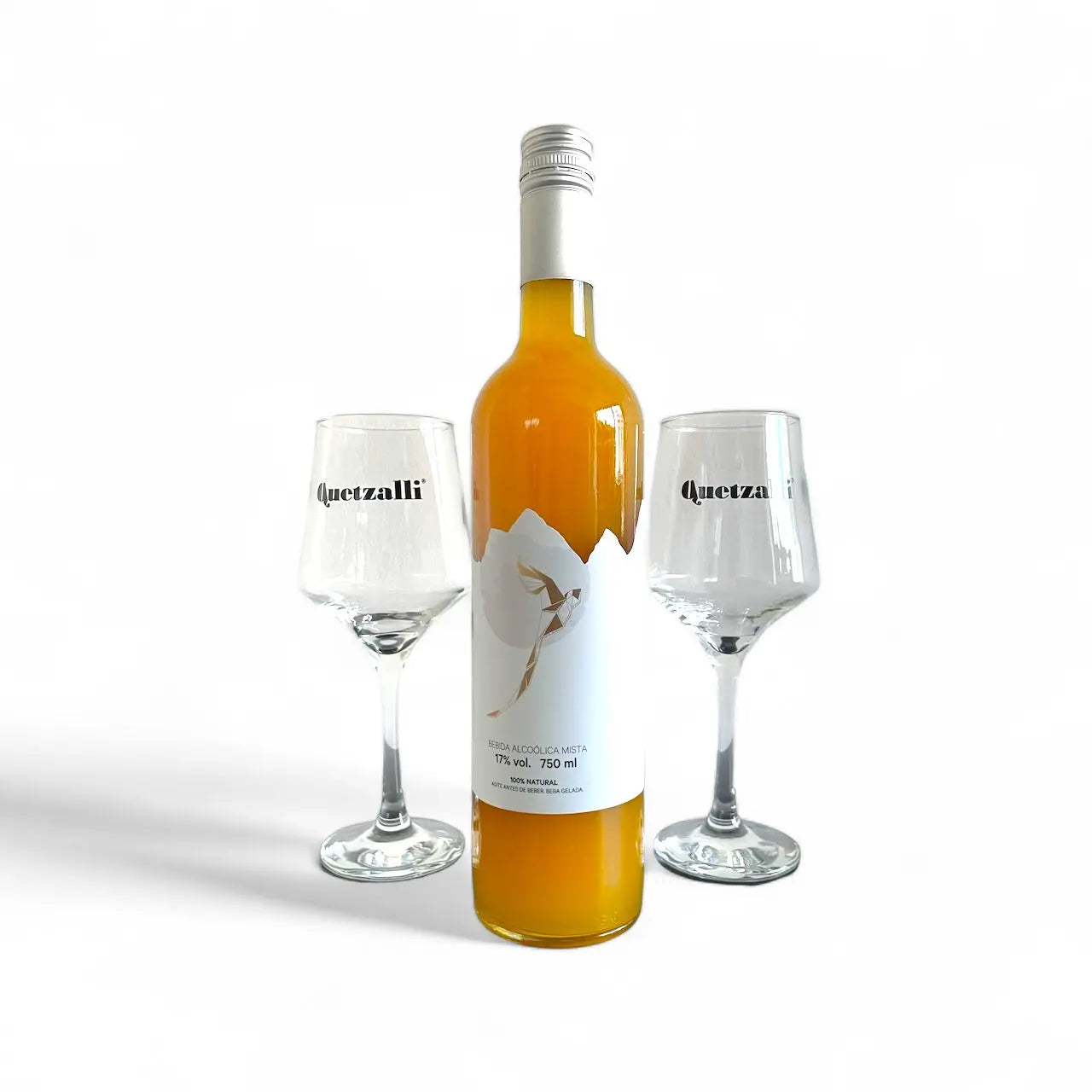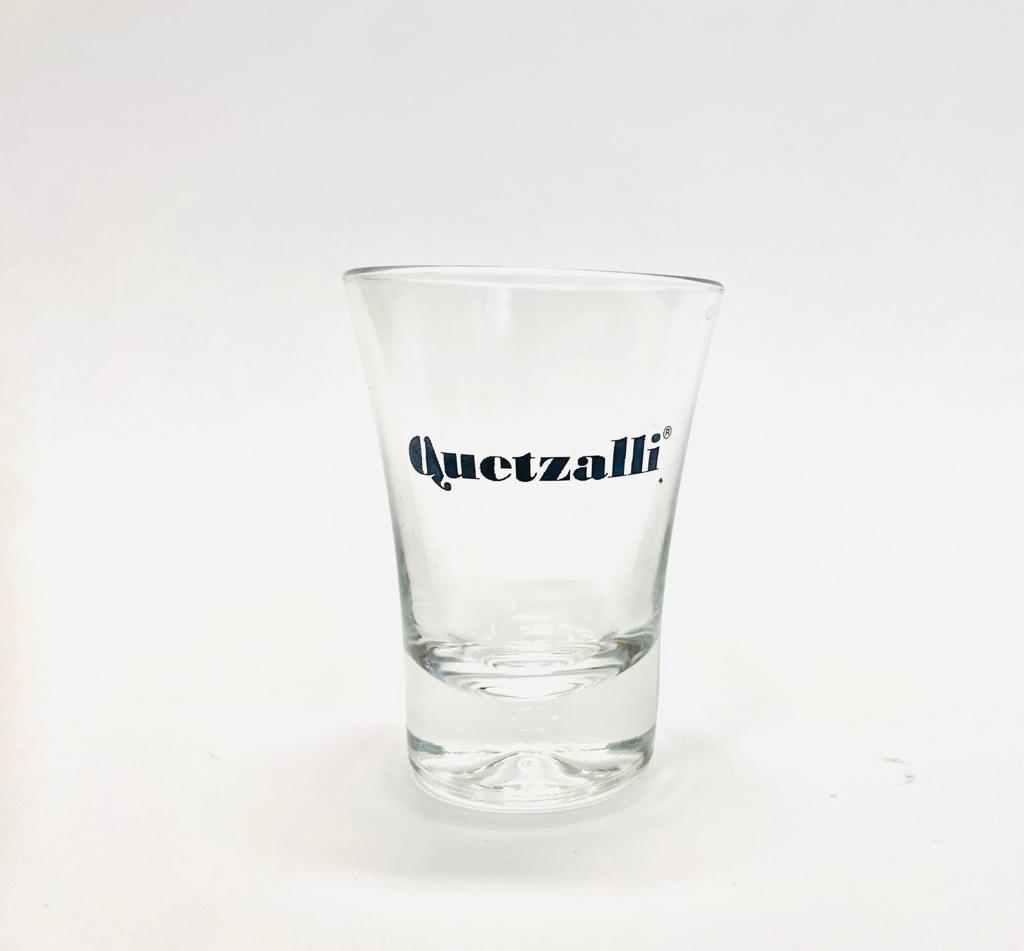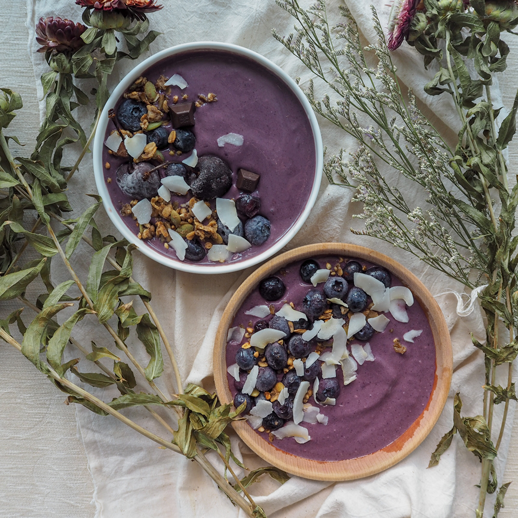In addition to international certificates, the idea of a chain
Fair trade can be present in our daily consumption.
Come and discover some tips from us at Quetzalli
We have selected for you to practice fair trade:
If you're unfamiliar with the term, fair trade is a definition of criteria that determines whether a product or company can be considered ethical and responsible. In other words, no one is underpaid, no one works under subhuman conditions, and the environmental impact is reduced. All of this is tied to the concept of conscious consumption.
Through transparency and dialogue, the goal is to make global trade more sustainable and prioritize human beings . It must be socially, economically, and environmentally viable, aiming for development without destruction. And that's exactly what we believe and strive for at Quetzalli!
Who decides what is fair trade?

Fairtrade International is a trade organization responsible for certifying fair trade products and companies. Focusing primarily on exports from countries in the Global South, it aims to guarantee minimum prices so that producers can earn a living and invest in manufacturing. Fair, right?
The organization establishes criteria for different products, services, and companies , covering issues related to social, environmental, and financial aspects. For example, did you know that if you want to produce and sell fair trade tea, the company must contract the plant's producer for at least one quarter? This is a way to avoid exploiting marginalized populations.
In terms of the environment, for example, the organization requires that the company “train its members in integrated pest management”.
She needs to ensure that this training includes:
- Pest and disease monitoring;
- Alternative forms of pest and disease control;
- Preventive measures against pests and diseases;
-
Measures to prevent pests and diseases
create resistance to pesticides.
You can see that the idea is to make the global production chain more in line with the 21st century, right?

What can I do to make trade fairer?
One person alone doesn't make trade fair, of course. And the environmental impact of large industries is far greater than that of an individual.
But the power lies with the consumer, who can adopt strategies that encourage small (and large) producers to operate more consciously and sustainably. You, the end consumer, can make your business, your life, and your home a little more sustainable, one area at a time.
Let's learn about it?
1 - Value transparency:

Not every sustainable and fair brand is certified by official organizations. Due to the difficulty in obtaining certifications and the globalized outlook, small brands don't always have access.
But that doesn't mean they can't—and should!—talk about their production. This applies to social, environmental, and cultural impact. When you discover a new brand, for example, visit their website and learn more about their values. Does they prioritize conscious consumption, small-scale production, or techniques that minimize environmental impact? Take a chance! You'll be surprised by how many small brands, like Quetzalli, care about this!
What if the brand doesn't say anything? Well, that's up to you: how about sending an email or using the contact form to ask about the production chain? Perhaps, besides answering the question, you'll inspire the company to be open about its practices?
2 - Buy local:

A quick and easy way to improve your consumption? How about buying from national and local manufacturers ? Of course, we know that working conditions aren't always ideal, but the advantage of consuming from this perspective is that there's greater control.
How can you know if the producer of that item thousands of miles away is receiving a minimum wage? To combat the megacorporations' strategy of using underemployed labor, buy from domestic manufacturers.
(and of course, cover transparency!).
3 - Buy small:

And if you want to go further: take advantage of the momentum and start consuming from small-scale local producers. This applies to all types of consumption, including food producer cooperatives, signature fashion and decor brands, locally made food and drink, and local businesses—everything can be fairer.
Imagine: if you buy from a small producer, you directly contribute to the formation of a fair trade chain. After all, the financial and cultural support goes directly to the producer.
Want a better definition of fair trade?
4 - Promote small businesses:

Did you buy something from a small producer and love it? Don't forget to tell your friends! We love seeing our customers toast with a Quetzalli and share photos with us ! We're sure other small businesses love it too.
It's worth posting on social media, buying gifts for loved ones, promoting, evaluating, and bringing these people to the public who seek fair trade and lighter, more conscious consumption.
To learn about local brands and companies that are working on a more sustainable scale, check out the #compredequemfaz tag .



